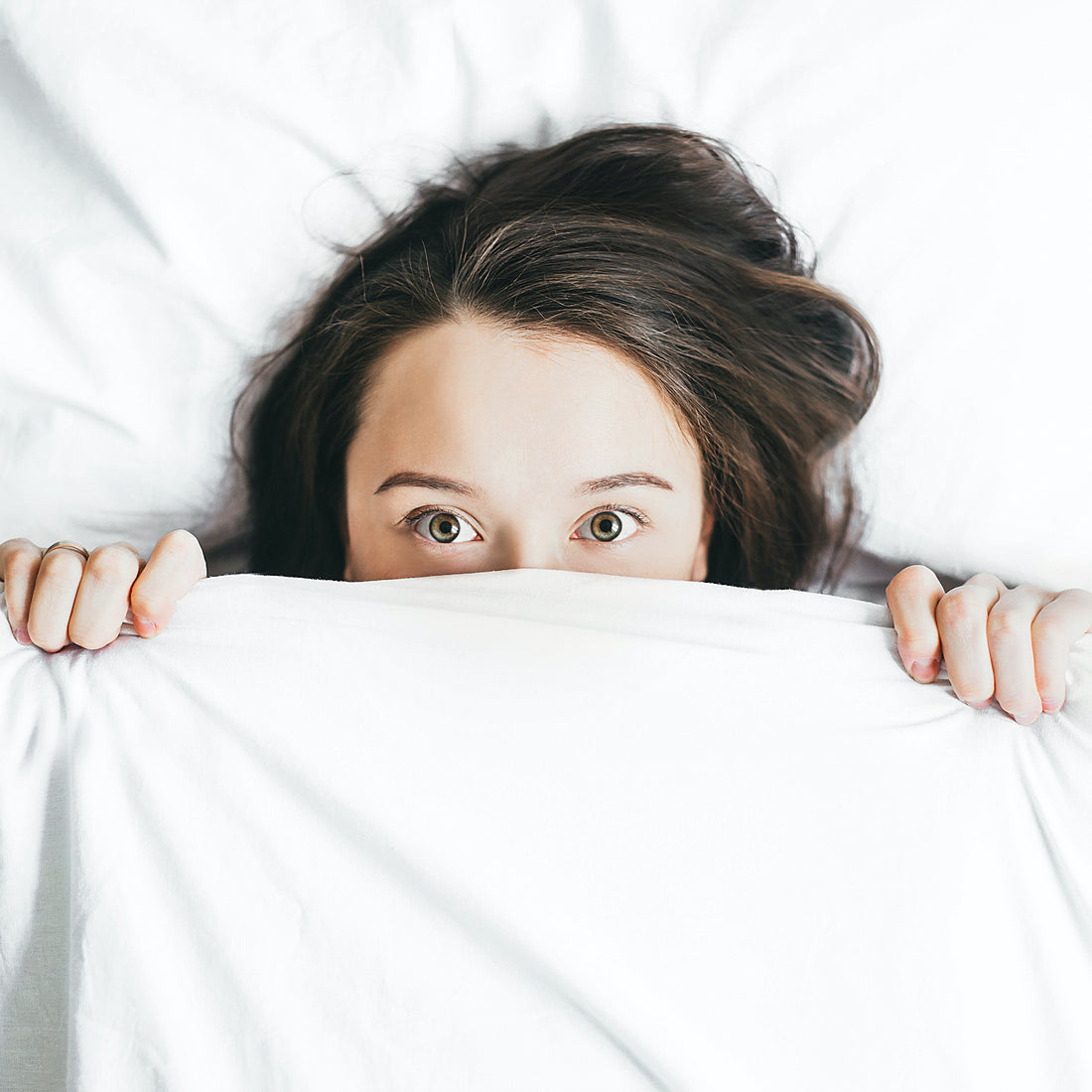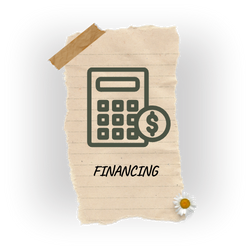We can all agree that compromising on even a single night’s sleep can cause a very difficult morning the next day, often causing you to move slowly and be less productive throughout the day.
Insomnia is a sleep disorder that affects millions of people across the globe. Apart from a lack of sleep, people suffering from insomnia can also experience a reduced quality of life and major health ailments like diabetes.
The good news? Insomnia is curable and can be managed with targeted treatments. Lifestyle changes and therapy, for example, are known to help manage symptoms of insomnia effectively.
In this article, we will discuss what insomnia is, the signs to look out for, as well as explore ways to manage it.
What Is Insomnia?
Insomnia is a common sleep disorder that affects adults and adolescents. It causes you to be unable to fall asleep even after repeatedly trying or to keep waking up in the middle of the night often, resulting in daytime sleepiness and fatigue.
“Various studies worldwide have shown the prevalence of insomnia in 10%–30% of the population, some even as high as 50%–60%. It is common in older adults, females, and people with medical and mental ill health.” — NIH (National Institute of Health).
There are two main types of insomnia — short-term and chronic. With short-term insomnia, this condition can last for just a few weeks, typically less than 3 months, and goes away without treatment (acute).
With chronic insomnia, however, the condition is persistent and may last for years. With chronic insomnia, it’s important to treat the underlying symptoms and use different types of therapies to see what works best.
Apart from these two forms of insomnia, people also experience this disorder in other ways. There are other types of insomnia that affect falling asleep or staying asleep.
What Are The Causes Of Insomnia?
The specific cause of insomnia remains unknown, but various factors are known to trigger or cause insomnia. These causes can differ from person to person. Here are some of the major culprits that cause insomnia.
Short-Term Insomnia Causes:
- Jet lag
- Changes in your daily routine
- Sleeping in a new environment
- Stress related to work or personal life
- A traumatic event
- Certain medications
- Being ill or experiencing pain
- Caffeine consumption after 5 pm
Long-Term Insomnia Causes:
- Substance abuse
- Experiencing chronic pain or chronic diseases that cause pain
- Generalized Anxiety Disorder, or frequent anxiety attacks
- Depression
- GERD, cardiovascular disease, cancer
- Unhealthy lifestyle and chronic stress
- Sleep apnea
- Major life changes like bereavement, divorce, or moving to a new place
Risk Factors
While there is no established cause of insomnia, there are certain factors that make you more susceptible to insomnia or exacerbate the condition. These include:
- Traveling across the world and being in different time zones
- Caffeine overconsumption
- Alcohol and substance use
- An inactive, sedentary lifestyle
Insomnia also affects women more than men and is more common in older adults. Although behavioral insomnia can affect children as well.
Symptoms And Associated Risks
There are many ways in which insomnia can manifest. The intensity of these symptoms can range from mild to severe, and in some cases, can be life-threatening.
- Palpitations when you try to fall asleep
- Inability to feel calm or relaxed even after a tiring day
- Being irritable and anxious throughout the day
- Unexplained fatigue and tiredness
- Slow movement
- Brain fog and feelings of confusion
- Reduced focus and attention span
- Excessive sleepiness throughout the day
- Fragmented sleep at night
- Waking up too early and being unable to go back to bed
- Restlessness
Now that we’ve covered some of the major symptoms, let’s look at the different complications that may result from this sleep disorder.
- Chronic insomnia can cause mental health disorders like anxiety and depression
- Poor immune system functioning
- Diabetes and high blood pressure
- Heart attacks and strokes
- Obesity
- Automobile accidents due to drowsy driving
Treatment And Management
Insomnia is very manageable and can even be fully cured. Often, a holistic approach to treating this sleep disorder that addresses its root cause is known to be more effective.
Changes In Daily Routine
Changing small things in your daily routine can vastly improve your symptoms. For example, if you love your caffeine, avoid having coffee anytime after 5 pm. Coffee is an active stimulant and can keep you up for hours after consumption.
Another good practice in sleep hygiene is to turn off all light sources at least half an hour before going to bed. This means no TV, phones, or laptops. Choose to read a book instead of scrolling through your phone.
A sedentary lifestyle also makes it impossible for you to exert any energy. Include some form of exercise in your daily routine to move your body and get your muscles working.
Behavioral Changes
Waking up at the same time every day, regardless of when you have slept, is a good first step to establishing a new routine for your body.
If you’re an afternoon napper, try to skip those siestas until your symptoms improve.
Change your patterns of thinking from negative to positive. If you anticipate a sleepless night, change your thoughts from “I am going to ruin my day tomorrow because I won’t sleep” to “if I can try to relax my mind, my body will feel calmer and take care of the rest.”
Allopathic Medication
If your insomnia is persistent and is beginning to disrupt your daily life, it’s recommended that you visit a sleep clinic and speak to a professional about getting medication that can help. These are not long-term solutions but they can alleviate the symptoms and offer some relief.
Insomnia is a vicious cycle. Prescription drugs can help break this cycle of no sleep and help you get the energy to work on long-term effective therapy.
However, these medications can be habit-forming and have dangerous side effects. Make sure you follow your doctor’s prescriptions to a T, do not overuse the drugs, and stop the medication when you have to.
Psychological Counseling/ Therapy
Therapy and counseling care effective treatments for insomnia. Insomnia often gets triggered because of anxious thought patterns, depressive episodes, or trauma related to upsetting life events.
Being able to process these events, unlearn your trauma responses and try healthy coping mechanisms can reduce many symptoms.
Cognitive Behavioral Therapy (CBT), for example, uses three specific steps to target insomnia. They are stimulus control to avoid feeling restless and relax your body, sleep restriction to restrict your time in the bed, and bright light therapy to expose yourself to bright light in the daytime.
Alternative Therapy
Aromatherapy and massages are proven to promote relaxation, help calm the senses, and bring mindfulness into our daily lives. Using scents like lavender, ylang ylang, chamomile, and peppermint can help you get a better night’s sleep.
Massage therapy improves blood circulation, relaxes tight muscles, and reduces cortisol levels (the stress hormone) in the body. It helps you relax and drift into sleep more easily.
Conclusion
Insomnia is a difficult condition to live with but making small lifestyle changes and getting appropriate help can help you manage your symptoms effectively. The best cure for insomnia is implementing behaviors that improve your overall lifestyle and promote good sleep hygiene.
















































